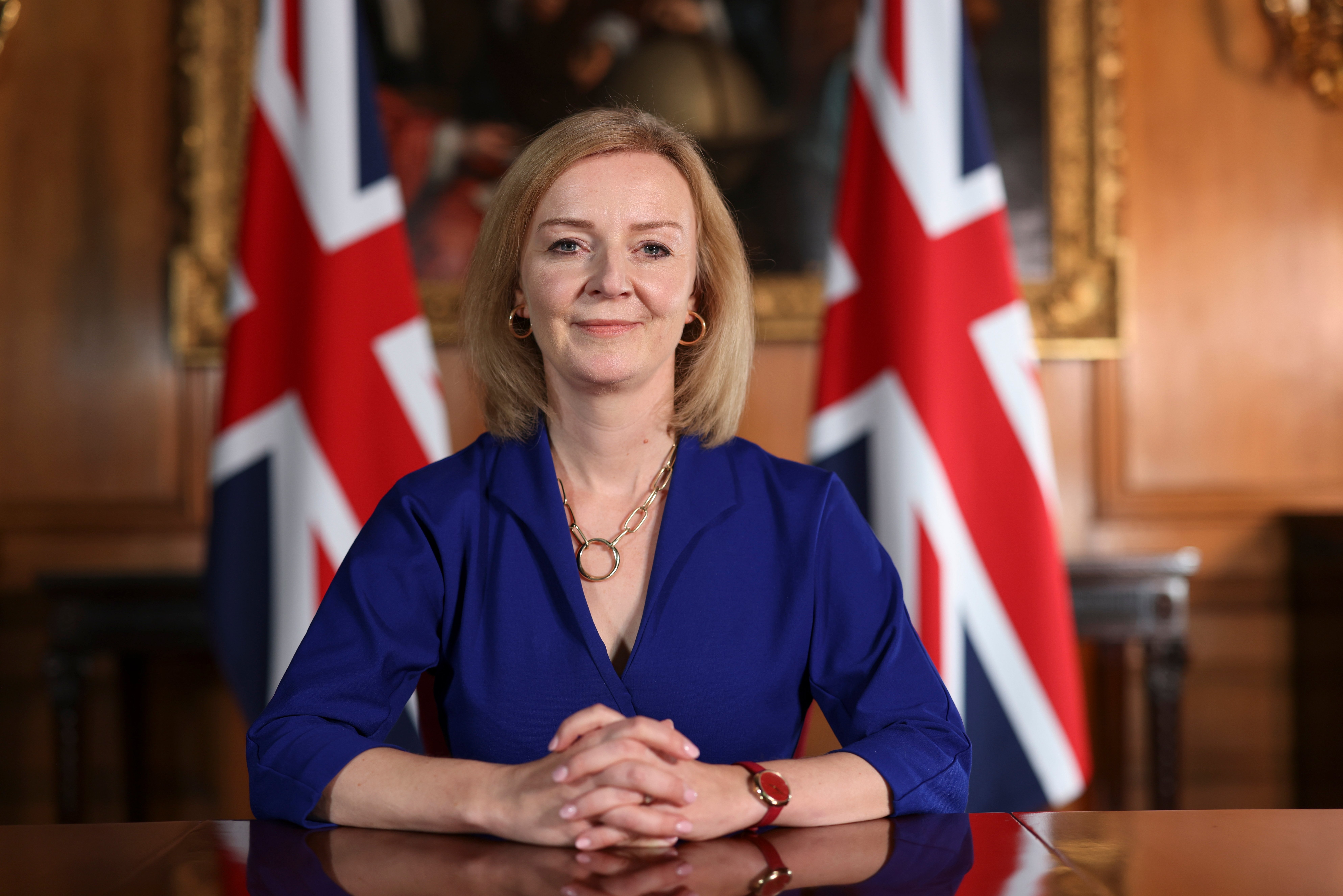What a Liz Truss premiership will mean for UK tech policy
by Inline Policy on 05 Sep 2022
Liz Truss is the new UK Prime Minister. Her premiership is likely to mean broad continuity with the previous government’s tech policy of making the UK a technology superpower, but with a renewed focus following the drift of the last few months of the Johnson premiership. This offers opportunities for tech firms, but they should be alert for a possible deterioration in UK-EU relations. In this blog we explore the impact of the new administration on the key tech policy areas.
While tech policy has not featured prominently in the campaign, Truss has signalled her intent on a few key policy files that suggest there will be a significant amount of continuity in UK tech policy.
All new Prime Ministers offer the chance of a reset, however, and Truss’ focus on widespread supply-side reforms to boost UK economic growth may see some policy files, which had stalled during the unfocussed final months of Boris Johnson’s premiership, pursued with renewed urgency.
While a Liz Truss premiership therefore offers some opportunities for tech firms, she does also pose a risk to an international relationship that is key to UK tech companies: that between the UK and EU. Her hard-line approach on Northern Ireland trade risks a wider deterioration in UK-EU relations that could threaten current bright spots, including the UK-EU data adequacy agreement. How she manages that relationship will therefore be of importance to UK-based tech firms.
Below, we outline Truss’ likely approach to several key UK tech policy files.
Online safety
Truss has outlined broad support for the Online Safety Bill, which is currently at Report Stage in the House of Commons. She has indicated, however, that she will seek to amend the Bill to water down or even remove completely the current requirements for Category 1 user-to-user services regarding legal but harmful content for adults. Given the tech industry’s concern around the complexity of the Bill, any move to reduce the compliance burden on tech firms is likely to be welcomed by the industry.
An early indication of the extent to which Truss intends to amend the Bill will be who she decides to appoint as her Secretary of State for Digital, Culture, Media and Sport (DCMS). Should Nadine Dorries MP remain in the role, that may suggest limited changes to the Bill. However, should someone such as Kemi Badenoch MP, who has been identified as a possible DCMS Secretary and who suggested scrapping the bill during her own leadership bid, be appointed to the role, that could indicate more fundamental change.
Digital competition
The new Prime Minister has committed to dedicate “priority Parliamentary time” for the Digital Markets, Competition and Consumer Bill in the autumn. This would implement the previous government’s proposed ex-ante digital competition regime as well as reforming the existing competition regime to make it more effective. The UK Government’s proposals have been well received by competition experts, and the previous Government’s commitment to only publish a draft version of the Bill in the current session of Parliament had been met with disappointment in large parts of the industry. Truss’ proposed acceleration of the proposals is therefore welcome, although it remains to be seen exactly how the plans will be accelerated.
Data
Truss has not publicly outlined her position on the previous Government’s Data Protection and Digital Information Bill, which has its Second Reading in the House of Commons today (5 September 2022). The Bill replaces the requirement for data protection officers and data protection impact assessments with less stringent alternatives. It fits with her broader programme of de-regulation and reducing compliance costs for UK businesses, however, and so her government is likely to continue with the proposals. Divergence from EU data protection rules, although relatively limited, does potentially risk the EU’s data adequacy decision. This allows EU and UK businesses to transfer data freely between the two jurisdictions. Should UK-EU relations deteriorate due to the new Prime Minister’s approach to Northern Ireland, the EU may look more suspiciously on UK divergence than it otherwise would have, potentially risking EU data adequacy and raising compliance costs and complexity for EU to UK data transfers.
Fintech
Truss has spoken repeatedly about her desire to boost the City of London through regulatory divergence from EU rules. She has confirmed her support for the Financial Services and Markets Bill. She is likely to progress planned reforms to Solvency II insurance regulations and other rules to unlock greater levels of investment in infrastructure and venture capital funds, and to reform listing rules to encourage greater tech Initial Public Offerings (IPOs) in London. She has also floated the idea of merging the UK’s three financial regulators into one, although she may drop that idea after it was widely panned by the industry.
Access to talent
The new Prime Minister has rejected a cap on immigration levels, arguing that the UK economy must have access to the skills it needs. She is therefore likely to continue with the various new tech-friendly visa routes launched by the previous government.
Foreign investment
Truss has promised to “roll out the red carpet” for foreign companies and entrepreneurs that wish to invest in the UK. In a separate commitment, however, she also vowed to “crack down” on Chinese companies such as TikTok. It remains to be seen whether she will maintain the current approach of greater oversight of investment in certain “sensitive” economic sectors or pursue broader restrictions on investments from countries such as China.
In short, the watchword for tech policy under a Truss premiership is likely to be continuity, but with a renewed focus on the issues and a new risk in the form of further deteriorating UK-EU relations.
With an extremely busy legislative agenda re-starting from today, please get in touch if your company requires support in navigating the UK’s developing tech policy landscape.
Topics: Platforms, Big Tech, Online Platforms, Regulation, Technology






Comments